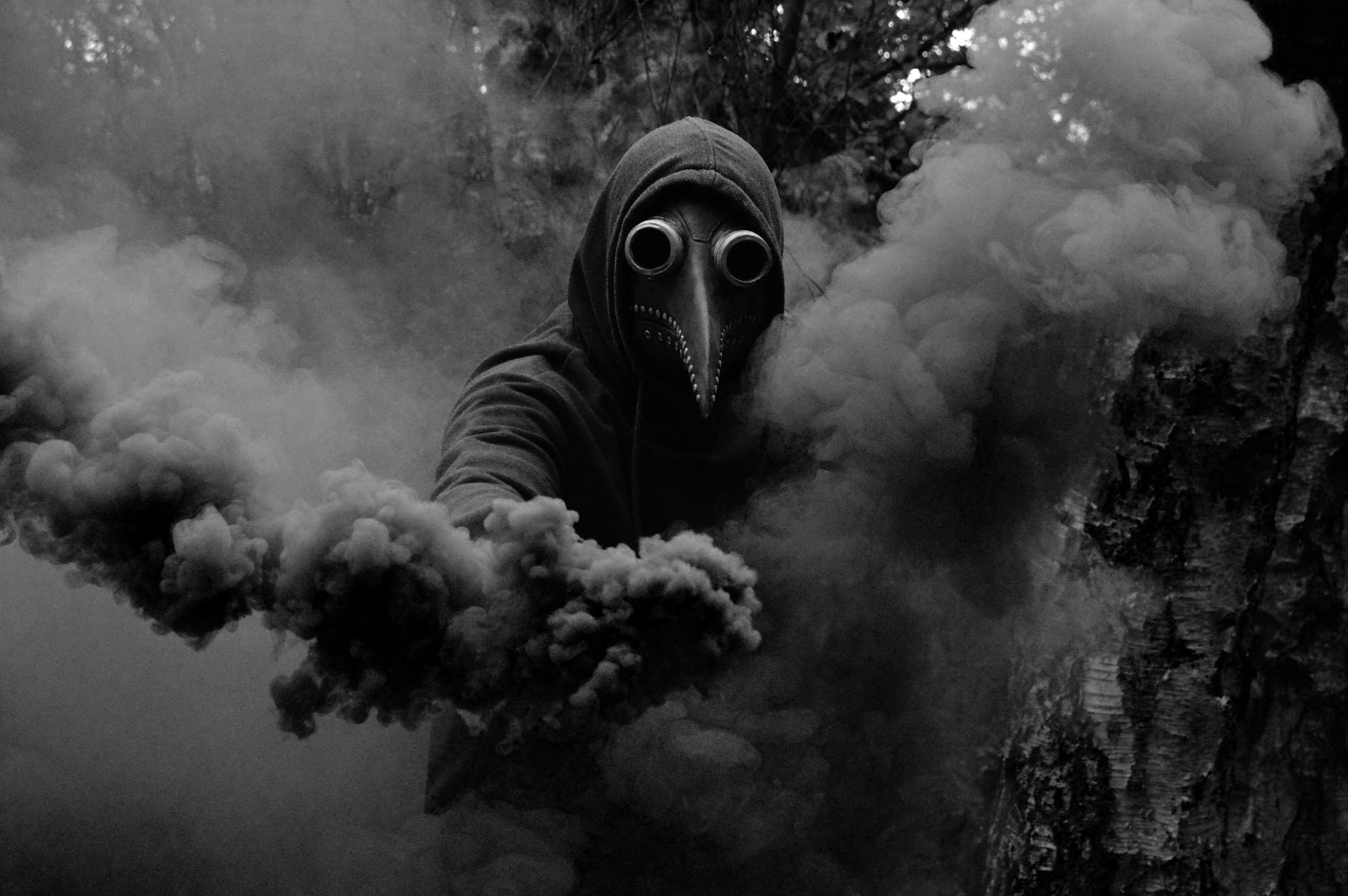The other night, I was rummaging through the bookshelf, trying to figure out what I wanted to read next. I was actually eyeballing The Guns of August and considering a re-read. I had been recently inspired by a fellow-blogger’s post about how he has revisited Tuchman’s work a half-a-dozen of times over the years, a post in which he then referred his readership to a documentary made available on YouTube. I watched the opening minutes of the video to get a sense of the interpretation. I do plan to watch the whole thing at some point. I’ve also only read Tuchman’s book once and probably should read it again. It is worth it.
But before I got underway, though, I realized that some years back I bought a later Barbara Tuchman effort, A Distant Mirror. I never did get around to reading it. That would actually be a better choice in that a) it is new material for me and b) it is almost related to my other interests of the moment.
So far I’ve read only the introduction. Like the introduction to The Guns of August, it is a great read all by itself. Allow me to enlarge.
Tuchman wrote A Distant Mirror in 1978. When she first embarked on the project, she was focused on the impact of the Black Death of 1348-1350 and its effect, via its high mortality (some estimates put the population reduction at 50%), on society going forward. She explains that her interest in this topic should be “obvious,” “[g]iven the possibilities of our own time.” That time, one might conjecture, is anything from the late 1960s through the mid 1970s and her thoughts were probably focused on the Cold War and the threat of mass nuclear destruction.
What she found instead is that the troubles of the 14th century were not specific to the plague nor were they easily organized into simple cause and effect. This larger tragic arc now pulled in her attention. As she explains, she found that “[i]f our last decade or two of collapsing assumptions has been a period of unusual discomfort, it is reassuring to know that the human species has lived through worse before.”
What she could say about the 21st century. What would she say about 2022?
Tuchman goes on to reference a similar comparison made by James Westfall Thompson in writing, contemporaneously, about the after-effects of the First World War relative to the 14th Century. Given Tuchman’s main claim to fame, it is another apt reference. Thompson cited “economic chaos, social unrest, high prices, profiteering, depraved morals, lack of production, industrial indolence, frenetic gaiety, wild expenditure, luxury, debauchery, social and religious hysteria, greed, avarice, maladministration, [and] decay of manners.”
If I wasn’t looking at the original essay, I’d say he was trying to describe 2022.
It is instructive that what he describes is the 14th Century, but intending for those facing* the Great Depression and other interwar crises to see the obvious parallels. Tuchman quotes him to demonstrate how well he also describes the societal upheaval in the mid-1970s. How many generations in the 500 years before Tuchman might have seen such a summary reflected in their own times?
From Tuchman’s perspective, it is “reassuring.” We of Generation X grew up during her period of “unusual discomfort.” We feared for our impending annihilation through nuclear armageddon only to witness the taming of inflation, the end of the Cold War, and then “the end of history.” As bad as things looked in that moment to Tuchman, she anticipated that this, too, would pass.
On the other hand, Thompson’s hand-wringing** was well-timed. It is no comfort whatsoever to think that we are in a period of history aptly comparable to 1928 or to the onset of the Hundred Years’ War. Furthermore, aren’t whatever lessons-to-be-learned lost on those who most need to hear them? It’s those that are running headlong towards the cliff that need to be redirected, not those who bear witness to the madness.
Casting current events in proper historical light can help us to determine what is important and what should be ignored. Even still, we spend our time watching Hollywood celebrities land punches while we should be focusing on…
What?
That’s the question, isn’t it?

*The essay from which Tuchman quotes was written in March of 1921. In a sense, that makes the quote far more prescient than it might otherwise seem. He’s describing the Roaring Twenties, to be sure, as they are barely getting started. The quote, now, might be seen as predictive of the backlash of the 1930s as well. Notable, this is coincident with the similar observations from Rudyard Kipling.
**OK. I’m projecting for effect. It is not entirely clear to me whether Thompson meant his analogy to be hopeful (the World has survived WWI and will soon move on) or admonitory. Unlike Thompson, I know what comes next.

Pingback: Dude! | et tu, Bluto?
Pingback: Forsooth! | et tu, Bluto?
Pingback: Put It All On at a Hundred-to-One | et tu, Bluto?